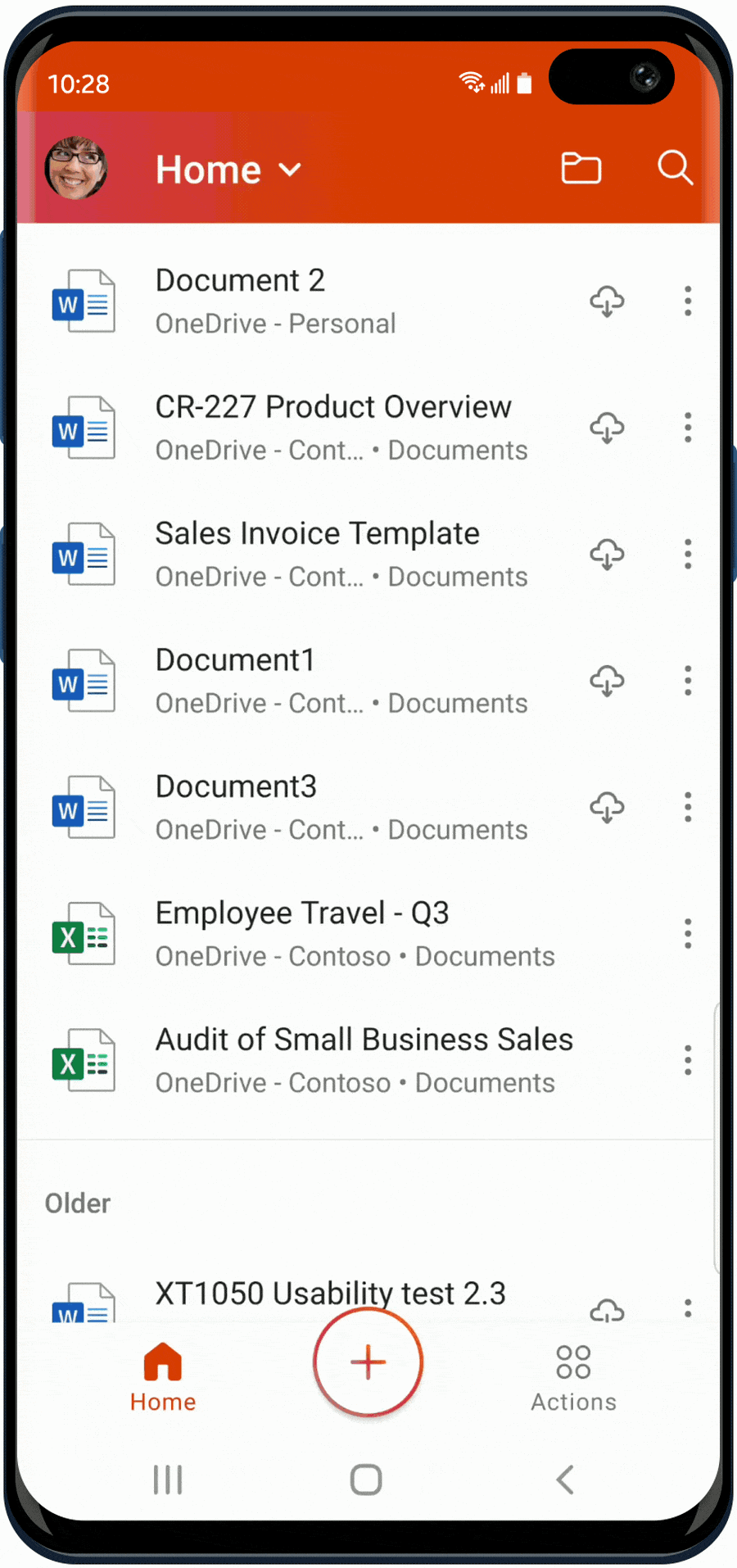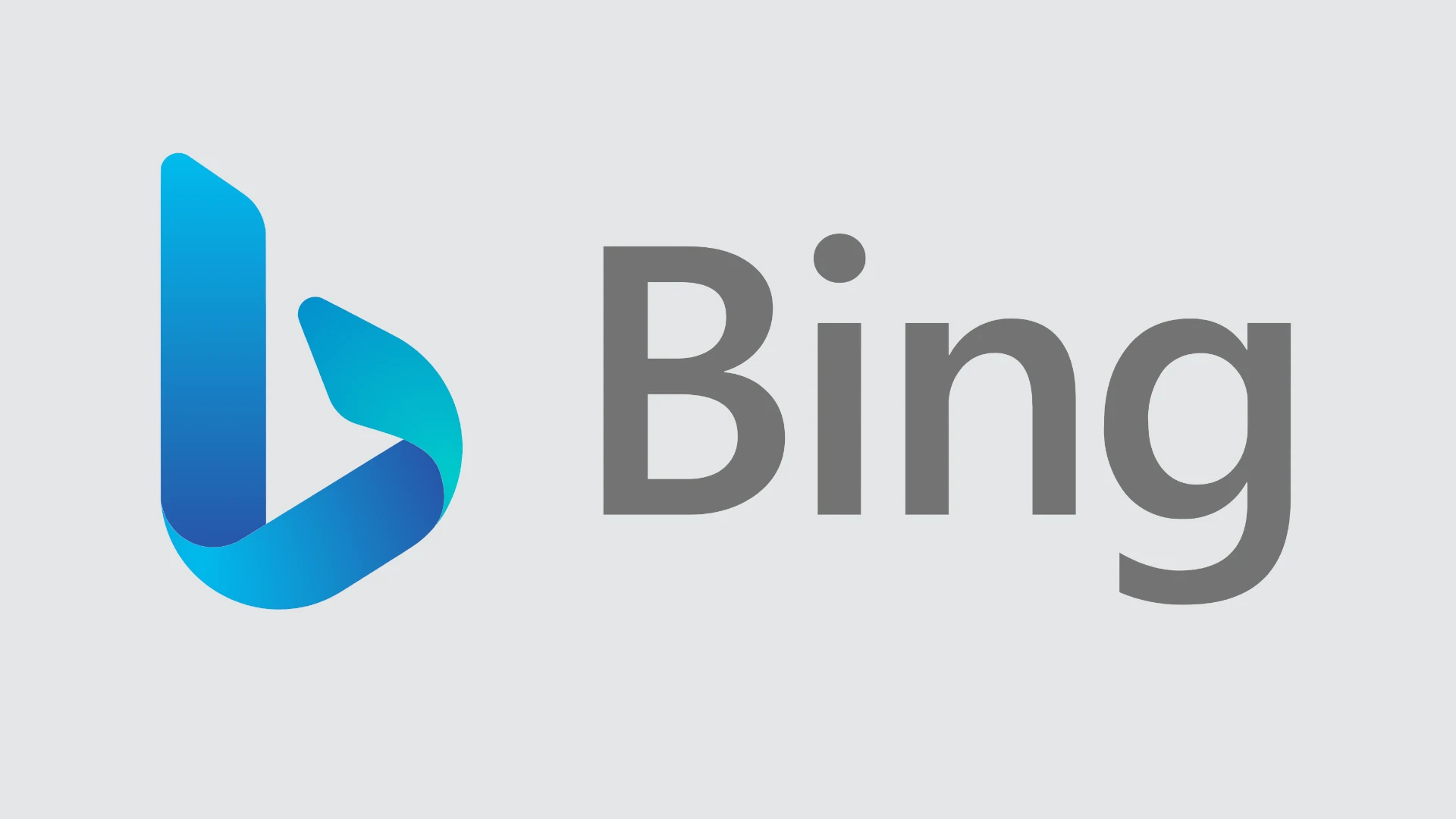The battle for technological dominance has evolved beyond operating systems and web browsers. Today, it focuses on ecosystems, cross-platform integration, and AI innovation. At the forefront are two giants—Microsoft and Google—each employing distinct strategies to shape the digital future.
Microsoft is reimagining the user experience through seamless updates, enhanced security, and fewer disruptions. In contrast, Google is doubling down on its expertise in web-based applications, aiming to remain the central hub of online connectivity. However, the competition extends beyond user-friendly updates; it’s a clash of visions for how technology integrates into everyday life.
Microsoft’s enhancements to Bing are viewed by some as an effort to challenge Google’s influence, sparking debates about ethics and fair play. Yet, the real battleground may not lie in browsers or updates—it’s in artificial intelligence. As both companies invest heavily in AI, the stakes continue to rise, and users, along with industry stakeholders, are eagerly watching to see who will lead this transformative era.
The Shifting Landscape of Software: Microsoft and Google’s Competing Strategies

Microsoft’s Update Advantage
Microsoft has changed how it delivers Windows updates. The goal is simple: fewer problems and a better user experience. A key change is the use of “checkpoint updates.” Think of these as stable base versions of Windows. Future updates build on these checkpoints. This makes the update process faster and less likely to cause issues. Microsoft also keeps security at the top of its list. They release regular patches to fix weaknesses. This keeps Windows users safer from online threats. They also roll out updates in stages. This lets them watch for problems and fix them before the update goes to everyone. This careful method helps avoid big problems after an update.
Google’s Changing Role
Google’s role on Windows, Android, and even iPhones is shifting. Though Google is still a big player, its strategy is changing.
Windows
Google has fewer dedicated apps for Windows compared to Android or iPhones. Chrome is still a very popular web browser. But many other Google services are used through web pages, not separate apps.
Android
Android is made by Google. Even so, Microsoft is working to get its services onto Android devices. Some new Android phones come with Microsoft apps already installed. Microsoft is also making its apps work better with Android. This makes it easier for people to use Microsoft services on their Android phones.
iOS
On iPhones, Google has to compete with Apple’s own apps and deal with Apple’s rules for third-party apps. Even with these challenges, Google apps like Search, Maps, and YouTube are still very popular with iPhone users.
The Future of Software Updates and Platform Competition
What does the future hold for these tech giants? Microsoft will likely keep improving its update process. They will focus on making updates happen automatically, keeping them secure, and making it easier for users. We can also expect closer ties between Windows and other Microsoft services. This includes services on Android phones. Google will probably keep focusing on its main areas: Search, AI, and cloud computing. Its plan for Windows and other platforms may involve using web technology and cross-platform tools. These tools make it easier for people to use Google services on any device.
Comparing Update Strategies
| Feature | Microsoft | Google (Android) |
|---|---|---|
| Update Focus | Stability, security, user experience | New features, performance improvements |
| Update Delivery | Phased rollouts, checkpoint updates | Direct updates from Google (for Pixel), manufacturer updates (for other devices) |
| Update Frequency | Monthly security updates, larger feature updates less frequently | Regular security updates, major OS updates annually |

What This Means for You
These changes impact how you use your devices. Microsoft’s focus on smooth updates means fewer interruptions. Google’s changing role means you may use its services in new ways. This could mean using web apps instead of separate programs.
The Broader Impact of Cross-Platform Development
The competition between Microsoft and Google isn’t just about updates. It’s about how different software works together. Microsoft’s push for its services on Android is part of a bigger trend: cross-platform development. This means making software that works on different operating systems. This can be more efficient for developers. It also gives users more choices. They can use the devices and services they like best, without worrying too much about compatibility. This shift is reshaping how we use technology. It’s making it easier to switch between devices and use the same services everywhere. It’s changing software development and making it easier for people to use the technology they like, no matter what device they use.
The tech landscape is always shifting. As Microsoft refines its Windows update strategy and Google adapts its cross-platform presence, users stand to benefit from smoother experiences and greater flexibility. These changes reflect a broader trend toward seamless integration across devices and operating systems, marking a significant step in the evolution of personal computing.
Short Summary:
- Microsoft’s updates lead to reduced visibility for Google on its platforms.
- The rivalry is epitomized by Bing’s alterations to mimic Google search results.
- Concerns arise about broader implications on user security and online competition.
The ongoing battle between Microsoft and Google is intensifying, particularly with recent updates from Microsoft that have left many questioning the ethics of their strategies. As reported earlier this month, Microsoft has rolled out changes to Bing that seem tailored to obscure Google’s presence. A Google executive publicly expressed frustration with Microsoft’s approach, stating, “New tactic just dropped. How low can they go!?” Echoing sentiments within the search engine community, this reflects an ongoing escalation in their long-standing rivalry.
This development follows previous attempts by Microsoft to assimilate elements from Google into its own platforms. Earlier, it altered Bing to reflect a ‘Google-like’ search experience, a move that prompted responses from Google’s leadership who remarked, “Imitation is the sincerest form of flattery.” However, many view these adjustments as an effort to mislead users and limit their options.
SEO experts have noted that Microsoft’s latest maneuver involves obscuring direct search results for Google when queries are made on Bing. Users who search for Google through Bing now encounter a “promoted by Microsoft” dropdown that might dissuade them from navigating to the Google search engine altogether. Such tactics have raised eyebrows in the digital marketing and advertising realms, with analysts and consumers alike voicing concerns over fairness and transparency.
“Microsoft is attempting to secure its place in the search market by leveraging its existing user base and platform,” noted experts from SEO Roundtable. “However, the real challenge lies in whether these tactics will prove effective in competing against Google’s dominant search capabilities.”
While these updates may entertain some users, the core question is whether they genuinely impact search market dynamics. Google continues to hold a commanding lead in search, with no significant competition emerging from Microsoft thus far. The real source of disruption may well come from advancements in artificial intelligence and how they could redefine the landscape of online search.
Shifting Rivalries and Broken Norms
Microsoft’s initiatives are not limited to just altering Bing. Reports have surfaced indicating that the company is also employing tactics to divert users from downloading the Google Chrome browser. When users search for Chrome within Bing, they encounter a large promotional banner misleadingly designed to push Microsoft Edge as the preferred browser, obscuring the actual Chrome download link. This has led to allegations of manipulation—an issue that users focusing on transparency in digital platforms find particularly troubling.
“A search engine’s primary function is to deliver the most relevant results,” commented an analyst from Windows Latest. “When promotional content interferes with that function, it’s not only disconcerting but may also tread into ethically questionable territory.”
As Microsoft’s maneuvers continue, another aspect of their update strategy has sparked worry—changes related to user account security. Starting from February 2025, Microsoft will automatically keep users signed into their accounts across its services unless they opt to sign out or use private browsing features. This led to concerns over potential security risks for users who may inadvertently leave their accounts accessible on public or shared devices.
The implications extend beyond mere advertising strategies. When Microsoft modifies the user experience to prioritize its services, it inadvertently shapes how consumers interact with the internet landscape. The ongoing pandemic of digital monopolies and their implications on user choice and competition has become a hot topic among industry observers.
The Bigger Picture: AI and Future Directions
As the technology landscape evolves, the rising importance of artificial intelligence cannot be discounted. In light of Microsoft’s updates, both tech heavyweights are navigating the complex waters of consumer AI integration. Google’s recent enhancements to its Gemini system signify a push to capture market share, even as Microsoft ramps up its own AI capabilities with the rebranding of its productivity tools. However, many analysts assert that this race for AI innovation might overshadow the more traditional aspects of competition, such as web search and browser battles.
“AI is the new frontier in technology,” explains a technology commentator. “While search engines like Bing and Google grapple with user engagement, the potential shift brought by AI could redefine what we understand as search entirely.”
With Google and Microsoft continually positioning themselves head-to-head, many insiders suggest that the next phase of this rivalry could venture into entirely new territories, where conventional strategies may not hold as much weight. The stakes are high, and the landscape is shifting rapidly.
Public Reaction and Industry Outlook
The release of these updates has incited a range of reactions from both tech enthusiasts and the general public. Many express concern about the lengths to which Microsoft might go to enhance its market standing, questioning if the end justifies the means. Some professionals within the tech community have begun to voice the opinion that Microsoft’s behavior could enforce a need for tighter regulations regarding digital competition.
“Regulatory bodies need to take note of these practices,” commented an expert in corporate ethics. “What we are witnessing isn’t just a friendly competition; it borders on monopolistic conduct which could hinder innovation and user choice in the long run.”
Despite the ongoing rivalry, analysts suggest that a rebalancing period across the tech ecosystem is imminent. With artificial intelligence prompting a restructuring in how search engines function, the tactics currently prevalent may soon be made obsolete. Whether Microsoft’s strategies can maintain longevity in the face of AI-driven changes remains to be seen.







